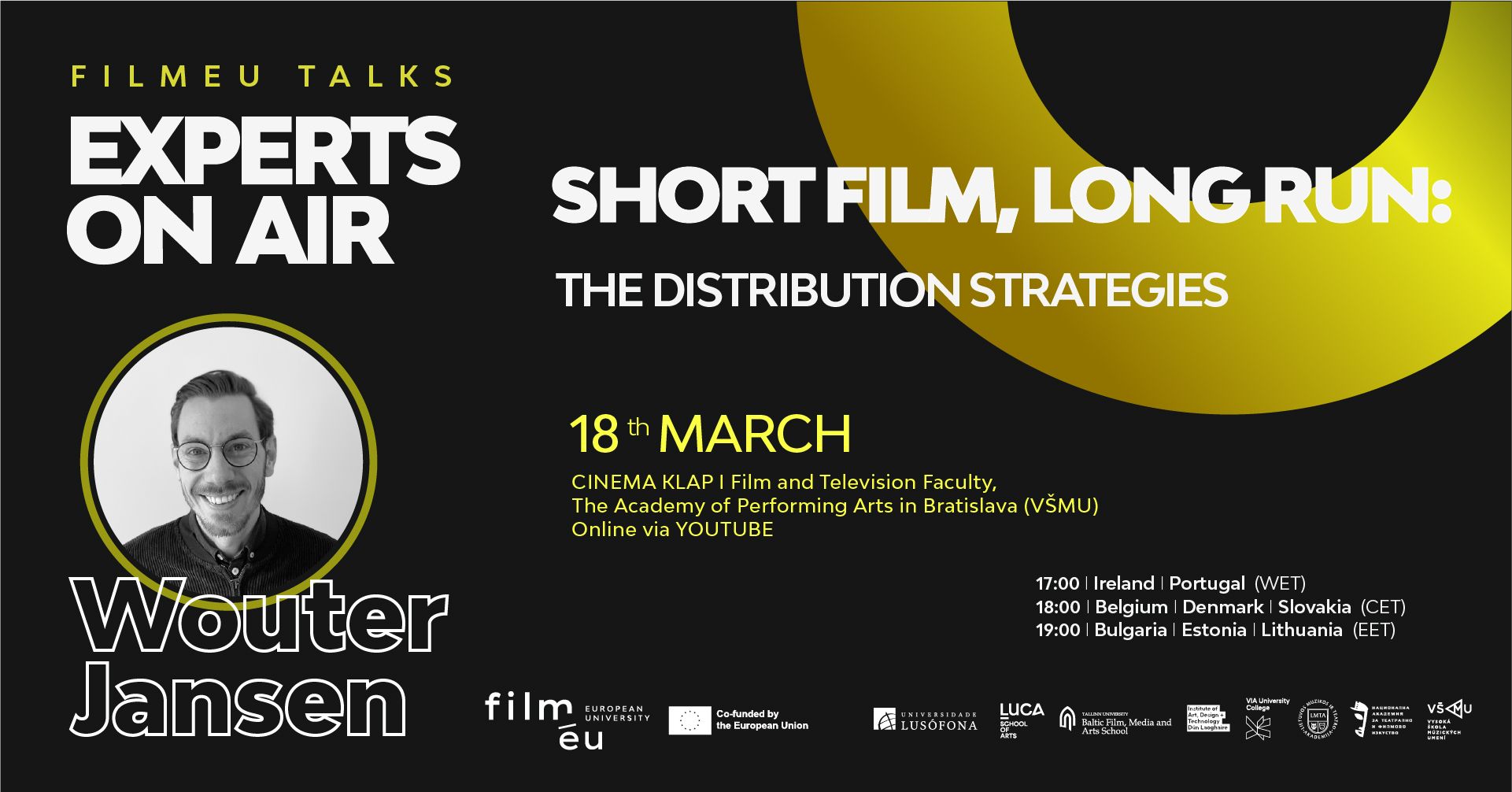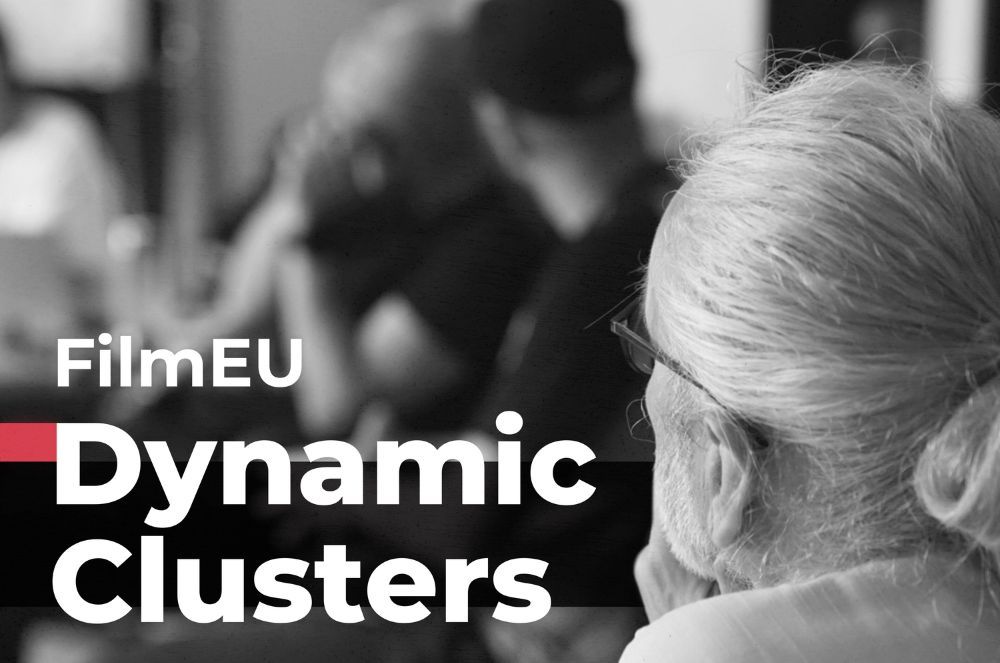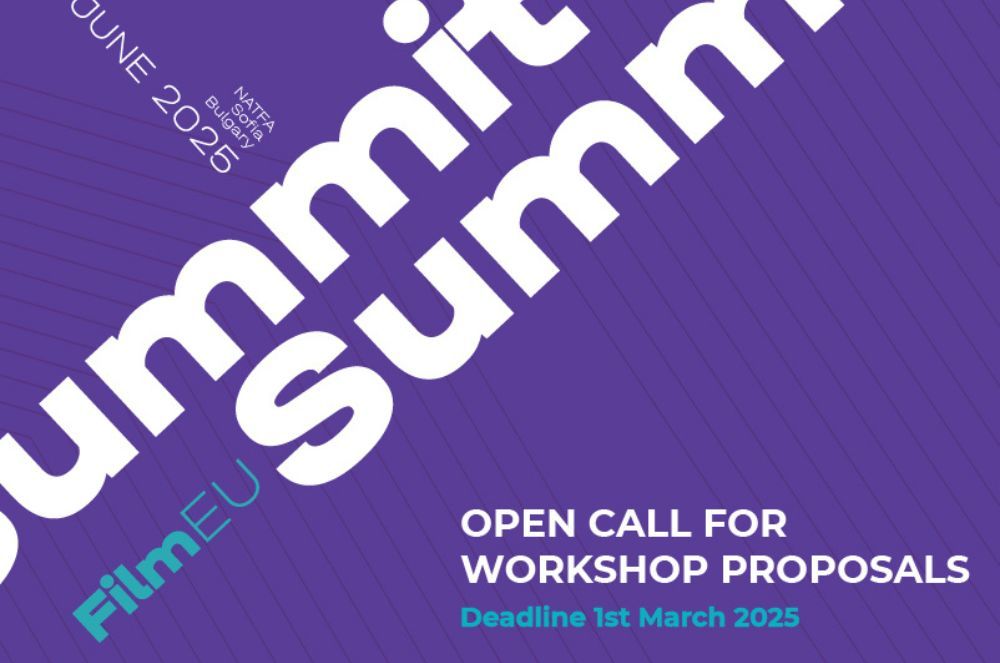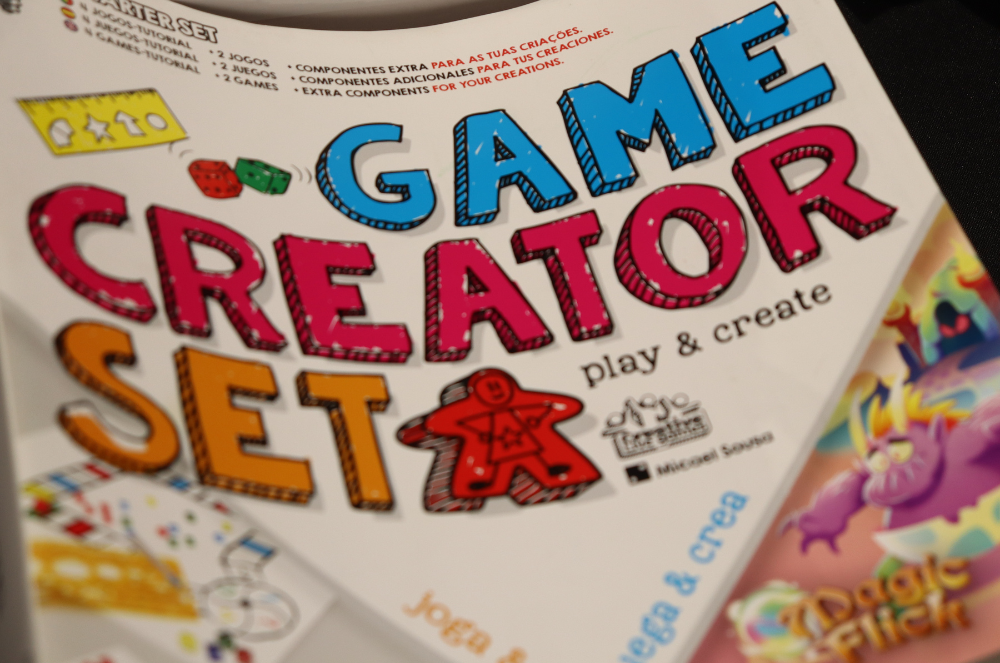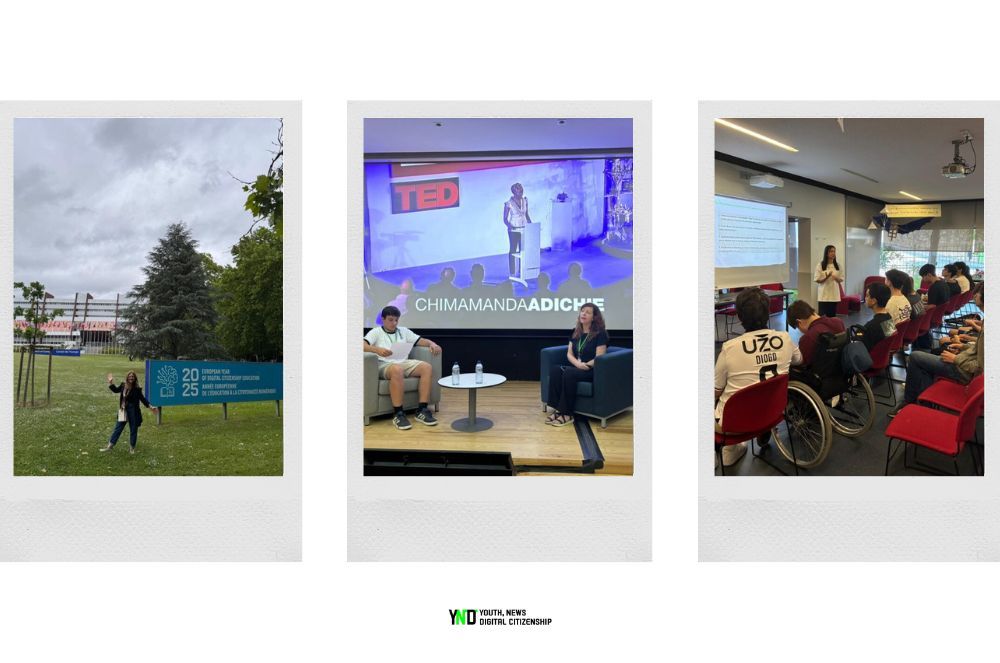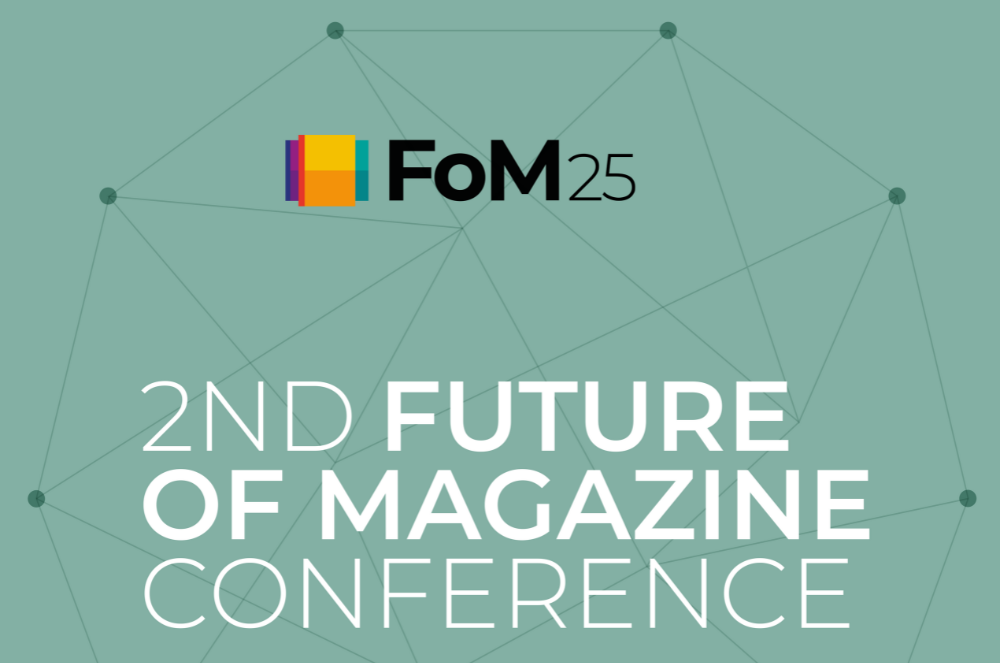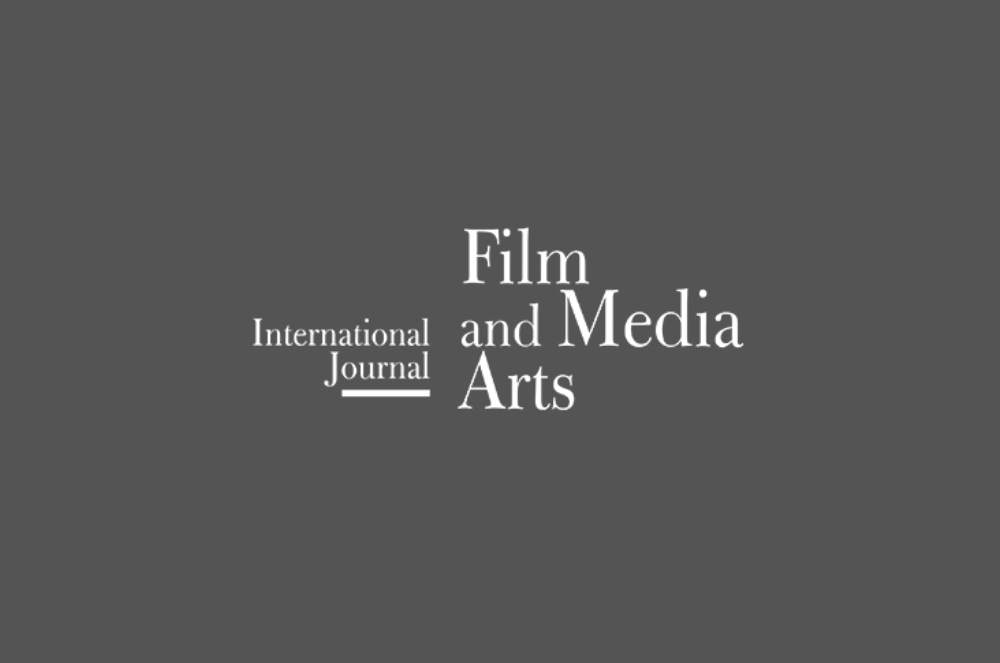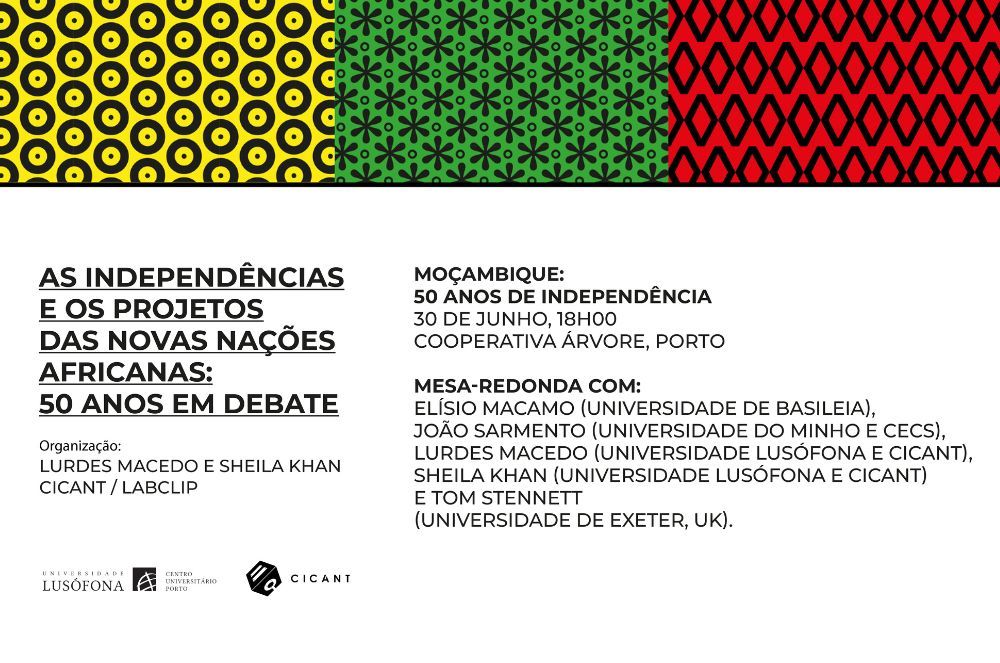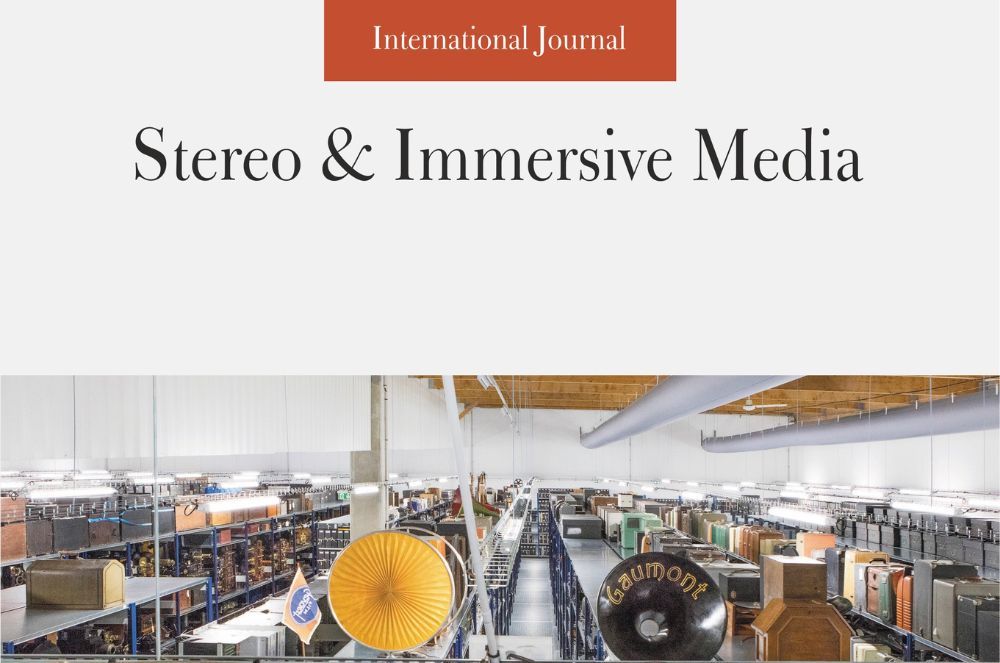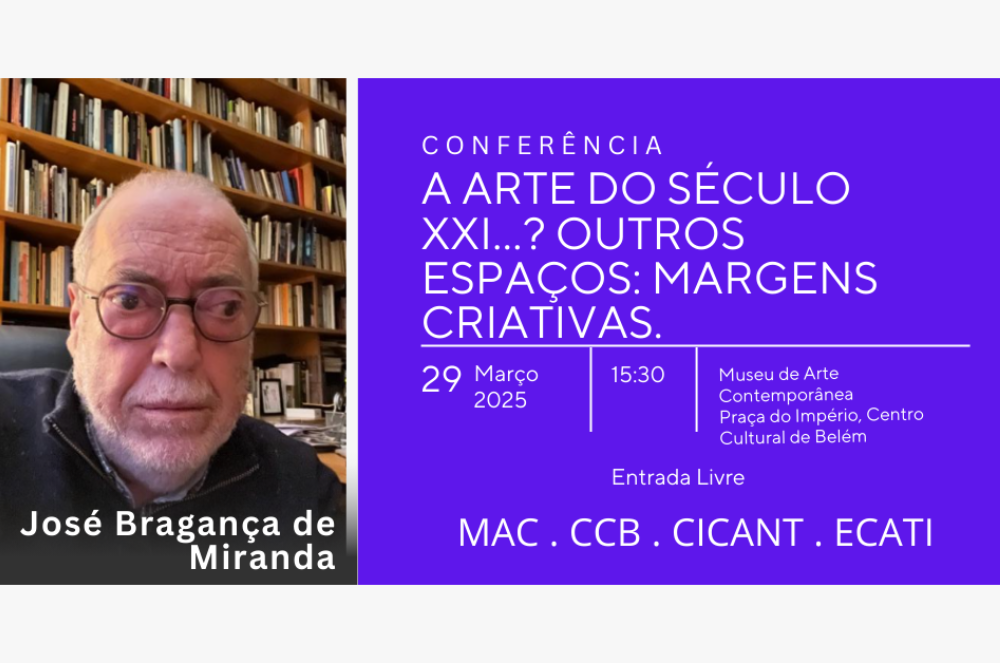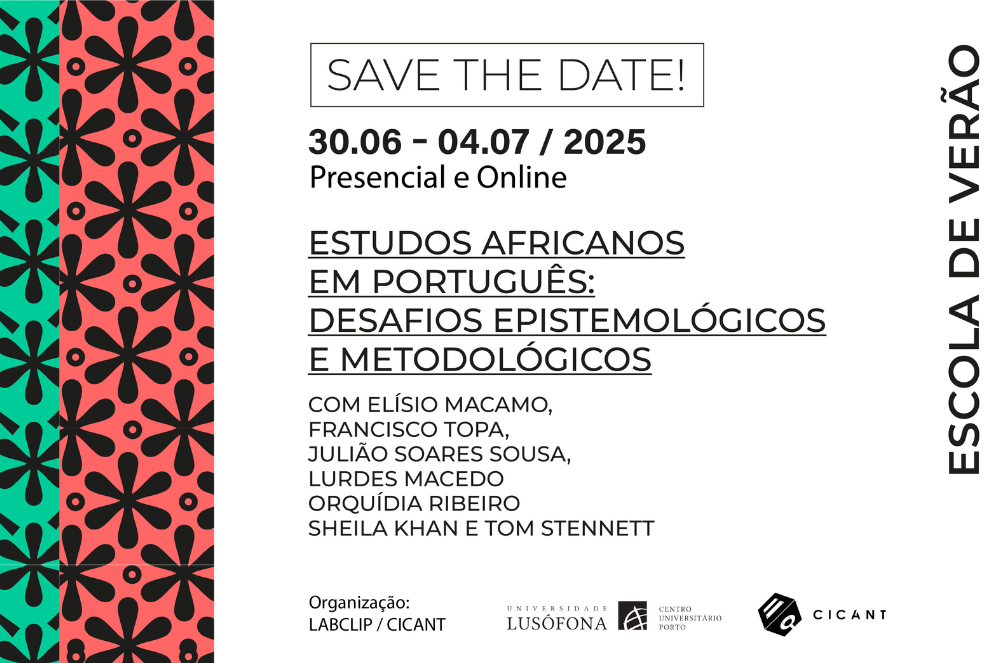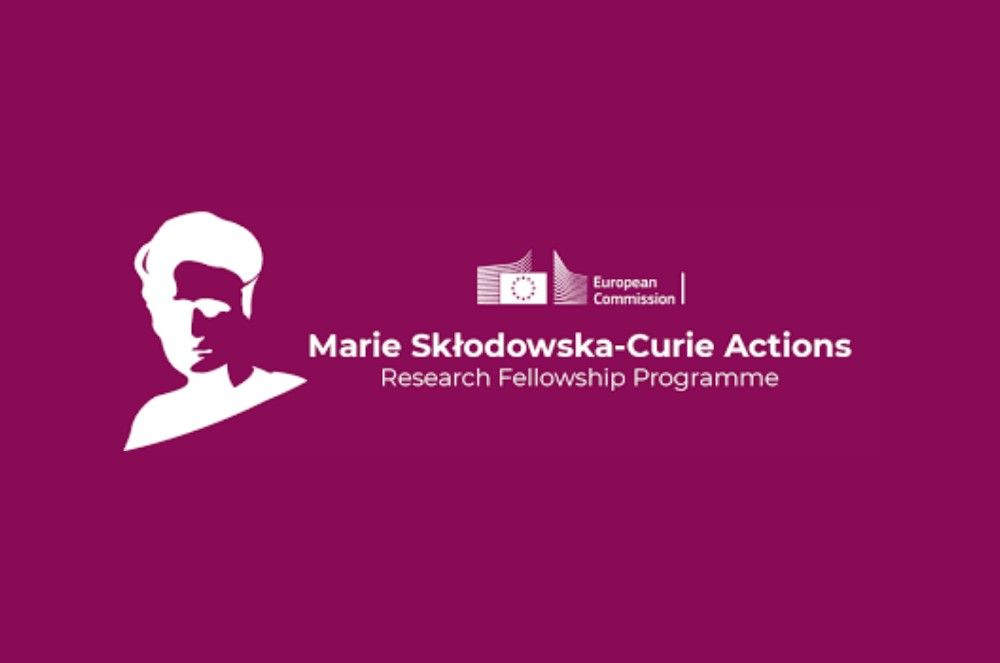ODS 15 Proteger a Vida Terrestre
Final Cultural Game Jam held at Óbidos Hub
The fourth and final edition of the EPIC-WE Cultural Game Jam at the Óbidos Hub took place under the theme “Heritage Remixed – Rediscover the Past, Reimagine the Future”, offering young participants an opportunity to creatively engage with the local heritage of Óbidos through the development of digital games.
Organized by the project’s Portuguese partners, the event brought together 25 students from Lusófona University and 17 students from Josefa de Óbidos School at the Praça da Criatividade. Over the course of a week, participants took part in workshops, team-building exercises, and collaborative game design sessions. Their objective was to create digital games that integrated European values, while drawing inspiration from Óbidos’ medieval history, traditions, and folklore.
The outcome of this intensive creative process was the development of nine original games, reflecting a range of genres and themes—from survival horror games inspired by the legend of the Musaranhos, to fictionalized retellings of the conquest of Óbidos. The final day featured a public showcase, during which participants presented their work to an engaged audience.
The closing session included speeches by Conceição Costa, coordinator of the Óbidos Hub and researcher at CICANT, José Santos, principal of Josefa de Óbidos School, and Filipe Daniel, Mayor of Óbidos. All highlighted the importance of youth participation, cultural innovation, and interdisciplinary collaboration.
This event marks the conclusion of the series of Cultural Game Jams promoted by the Óbidos Hub as part of the EPIC-WE project, underscoring the potential of game-based learning and co-creation in fostering civic engagement and cultural awareness among younger generations.
First Edition of the Community of Practice Brings Together Literacy Researchers at Lusófona University – Porto
The first edition of the Community of Practice took place today, July 23, at Universidade Lusófona – Porto University Centre. The event aimed to foster the exchange of experiences and the creation of synergies among researchers working in the field of literacies.
Based on a concept developed in the 1990s, a Community of Practice brings together individuals (the community) to share knowledge and discuss ideas grounded in their shared interests, methods, and experiences (the practices).
This session featured the presentation of five research projects targeting different audiences:
- Children and journalism, by Ana Cátia Ferreira (Fernando Pessoa University);
- Youth and climate action, by Daniela Ferreira da Silva (University of Minho);
- Seniors and disinformation, by Claudilene Perim (Universidade Lusófona – Lisbon University Centre);
- People with disabilities, accessibility, and board games, by Carla Sousa and Cátia Casimiro (Universidade Lusófona – Lisbon University Centre).
This event was organised by PhD candidate Margarida Maneta, in collaboration with the PhD Program in Communication and Activisms at Universidade Lusófona – Porto University Centre and the MeLCi Lab.
Image: © Organizers
FoM 2025 unveils stellar keynote lineup for its second edition
The Future of Magazine Conference (FoM 2025) is excited to announce its four distinguished keynote speakers: design scholar Elena Caratti, acclaimed journalist and curator Patrícia Reis, transformational media executive James Hewes, and magCulture founder Jeremy Leslie.
The international event is organized by CICANT and will take place from 29 to 31 October 2025 at Lusófona University in Lisbon, Portugal. FoM 2025 will explore the critical theme “(Re)Thinking Magazines: Challenges and Opportunities.” Across three days, the conference will feature impact-driven keynote addresses, hands-on workshops, cutting-edge research paper and poster sessions, and interdisciplinary panels designed to foster collaboration between academia and publishing professionals. To learn more about each of our keynote speakers, please visit the programme page: https://maglab.cicant.ulusofona.pt/fom-2025/program
CFP still open
The call for papers for FoM 2025 is open until July 14, 2025, inviting submissions of original research abstracts (maximum 500 words, double-blind) via the dedicated submission: https://revistas.ulusofona.pt/index.php/futureofmagazine/about/submissions
Fourth Óbidos Cultural Game Jam Takes Place from 13 to 16 May
Óbidos hub of the EPIC-WE project will host its fourth and final Cultural Game Jam, to be held between 13 and 16 May 2025.
With the theme “Heritage Remixed – Rediscover the Past, Reimagine the Future”, this initiative offers participants the opportunity to engage deeply with the historical, mythological, and cultural heritage of Óbidos. The event aims to foster reflection on Europe’s cultural legacy while encouraging innovative approaches to addressing contemporary societal challenges.
Students from Lusófona University and Josefa d’Óbidos Secondary School will convene at the Praça da Criatividade in Óbidos for three days of workshops, collaborative activities, and intensive game development.
CICANT looks forward to sharing the outcomes of this event. Further information can be found on the project website.
GHOSTDANCE rated “Excellent” in final FCT evaluation report
GHOSTDANCE, an exploratory research project led by Rui Filipe Antunes at CICANT, received an “Excellent” rating in its final evaluation by the FCT.
The evaluation highlighted the project’s high scientific quality, successful navigation of complex challenges, and broader-than-expected impact. Outcomes included peer-reviewed publications, performance-based conferences, a software prototype, technical reports, and an extensive dataset poised to contribute to future AI research.
Evaluators praised the team’s adaptability, noting that many challenges became opportunities for innovation—such as expanding from one to three Master’s theses, and surpassing initial dissemination goals with additional videos and outreach work.
The final report concludes that GHOSTDANCE met its objectives with “the highest scientific standards,” confirming the project’s lasting relevance and excellence.
For more information on this project, visit: https://ghostdance.ulusofona.pt/
IJFMA opens two calls for papers on Media Arts and Film Education
The International Journal of Film and Media Arts (IJFMA), published by CICANT, has launched two special calls for papers focused on media arts, digital play, and film education.
The first, Aesthetic Strategies for Purpose-Driven Play, invites submissions exploring how aesthetic elements, such as audiovisual rhythm, interaction design, and narrative form, contribute to serious and adaptive play. From XR to wearables, the issue seeks research on how design influences behaviour, cognition, and emotion. Guest edited by Micaela Fonseca and Phil Lopes (Lusófona University), the deadline is 2 February 2026, with publication scheduled for October 2026.
The second, a special issue in collaboration with CILECT – The International Association of Film and Media Schools, focuses on ethics, diversity, and critical thinking in film education. Researchers, educators, and filmmakers are invited to submit work addressing pedagogy, inclusion, and activism in creative processes. The deadline is 15 October 2025.
Submissions for both issues can be made via: https://revistas.ulusofona.pt/index.php/ijfma/about/submissions
Independences and the projects of the New African Nations: 50 years in debate
A roundtable discussion in Porto is set to commemorate 50 years since the independence of several Portuguese-speaking African nations. Organized by CICANT and LABCLIP, Lurdes Macedo and Sheila Khan, the event brings together scholars, writers, and journalists to reflect on the liberation struggles and the post-independence paths of Angola, Mozambique, Cape Verde, Guinea-Bissau, and São Tomé and Príncipe. The discussion is part of the exhibition "Nothing Was Post – 50 Years of Independence of the PALOP," which runs from June 28 to August 2 at Cooperativa Árvore. Participants include leading voices from academia and the arts, offering critical insights into the legacy and contemporary relevance of these historic milestones.
Program
Mozambique's Independence
June 30, 6:00 PM
Cooperativa Árvore, Porto
Roundtable with: Elísio Macamo (University of Basel), João Sarmento (University of Minho / CECS), Lurdes Macedo (Lusófona University / CICANT), Sheila Khan (Lusófona University / CICANT), and Tom Stennett (University of Exeter, UK).
Part of the exhibition program "Nothing Was Post - 50 Years of Independence of the PALOP", on display from 06/28 to 08/02.
Independences of Cape Verde and São Tomé and Príncipe
July 9, 6:00 PM
Cooperativa Árvore, Porto
Roundtable with: Abílio Neto (São Toméan commentator for RDP África, to be confirmed); Filinto Elísio (Cape Verdean writer, to be confirmed); and Francisco Soares (FLUP / CITCEM).
Part of the exhibition program "Nothing Was Post - 50 Years of Independence of the PALOP", on display from 06/28 to 08/02.
Guinea-Bissau's Independence (51 years)
September 10, 6:00 PM
Galeria Papoila, Porto
Roundtable with: Susana Pimenta (UTAD / CICANT) and Tony Tcheka (Guinea-Bissauan journalist and writer)
Angola's Independence
November 11, 2:30 PM
Lusófona University, CUP
Roundtable with: Branca Clara das Neves (Angolan writer), Hugo Mendes (Angolan journalist, RDP África), and Orquídea Ribeiro (UTAD / CICANT).
Poetry readings by Drama students from ULusófona, CUP, with texts selected by writers and editors from the PALOP.
IV RNEC Congress brings together around 100 researchers at Lusófona University
On June 26 and 27, 2025, Lusófona University in Lisbon hosted the IV Congress of the National Network for Cultural Studies (RNEC), bringing together around 100 researchers from Portuguese and Spanish speaking countries.
Organized by CICANT in collaboration with the Centre for Communication and Letters of Mackenzie Presbyterian University (São Paulo) and the Virtual Museum of Lusophony (University of Minho), the event focused on the theme “Lusophone and Ibero-American Cultural Studies as a Field of Research in Science, Culture, and the Arts”.
Over two days, the congress featured around 30 presentations across three main thematic axes: digital technologies and the arts; colonialism and decoloniality; and transcultural identities shaped by migration and media. The programme also included institutional sessions that reinforced the connection between academia and cultural policy.
A key moment of the event was the launch of Estudos Culturais: Estudos Inter‑Multi‑Trans‑Pan‑Anti‑In‑Disciplinares, edited by Clara Sarmento with a postface by Maria Manuel Baptista, president of RNEC. The publication gathers 33 authors and reflects emerging approaches in Cultural Studies.
With support from several institutions across the Lusophone and Ibero-American worlds, the congress also contributed to ongoing efforts to establish a European Network for Cultural Studies (ENICS).
📎 Learn more:
Lunch with Science: CICANT Promotes Ongoing Knowledge Exchange
As part of its ongoing commitment to fostering a collaborative and dynamic research environment, CICANT has held new editions of its Lunch with Science series in March and April.
On March 12, participants were introduced to key research support platforms:
- 13h30 – Welcome
- 13h40 – Presentation of Pure by Timóteo Rodrigues
- 14h20 – Presentation of Overleaf by the CICANT team
- The session also included an overview of CrowdHelix, a network for international research collaboration.
The session on April 16 focused on project applications, evaluation, and funding opportunities:
- 13h30 – Welcome by Maria José Brites
- 13h40 – Presentation on Erasmus by Teresa Sofia Castro
- 13h55 – Presentation on the CREATIVE project by Rui Filipe Antunes
The upcoming Lunch with Science sessions are scheduled as follows:
- May 21 – Discussion on Mental Health, with contributions from Amanda Cei and Carla Sousa (further details to be announced)
- June 18 – Tandem on AI, featuring Alexander Gerner and José Gomes Pinto (further details to be announced)
Through initiatives such as Lunch with Science, CICANT continues to promote the sharing of scientific knowledge, best practices, and interdisciplinary dialogue among its research community.
Further information on the forthcoming session

